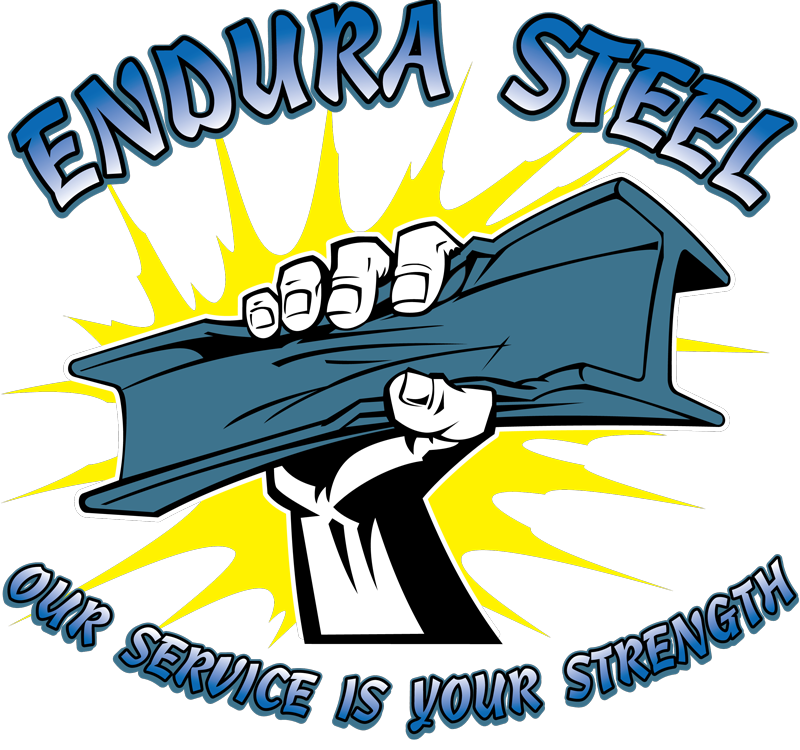The construction industry has recently witnessed a shift toward using aluminum products. Aluminum is lightweight, making transporting and installing easier and less costly. It is highly corrosion-resistant, making it an ideal choice for outdoor construction projects with inevitable exposure to elements. Aluminum has excellent thermal conductivity properties, allowing for better building insulation and energy efficiency. Its malleability makes aluminum easily molded into various shapes and forms. The sustainability aspect cannot be overlooked, as aluminum is highly recyclable.

The Advantages of Aluminum Products in Construction
Lightweight and Durability
The lightweight and durability of aluminum make it a beneficial material for the construction industry. Its lightweight properties allow easy transportation, handling, and installation, reducing labor costs and time. Aluminum has a strong strength-to-weight ratio. This can withstand heavy loads while still being lightweight. The durability can withstand harsh weather conditions and resist corrosion.
Resistance to Corrosion
Aluminum forms an oxide layer on its surface called aluminum oxide. This oxide layer acts as a barrier, preventing further corrosion from occurring. Aluminum does not rust. This makes aluminum ideal for outdoor applications, where it is constantly exposed to elements like rain and humidity.
Energy Efficiency
Aluminum has high thermal conductivity, allowing for efficient heat transfer and potentially reducing the usage of heating and cooling systems. It can be easily recycled, reducing the need for extracting and processing new materials. This makes aluminum a sustainable choice for buildings.
Recyclability and Sustainability
Aluminum can be recycled many times, and it is the same quality. This reduces waste but also saves energy and resources that would be used to produce new aluminum. It is also highly durable and corrosion-resistant.
Design Flexibility
Aluminum is a lightweight material easily molded into different shapes and sizes, allowing architects and engineers to create unique and innovative designs. Its versatility enables various applications, from windows and doors to facades and curtain walls. Its inherent strength and durability make it suitable for residential and commercial construction projects.

Applications of Aluminum in Construction
Exterior Cladding and Facades
Aluminum cladding offers durability, as it is corrosion-resistant and can withstand harsh weather conditions. It is also lightweight, making it easier to handle and install. Aluminum in cladding and facades also provides energy efficiency benefits, as it can help improve the thermal performance of a building.
Windows and Doors
Aluminum offers excellent thermal insulation properties, reducing heat transfer and enhancing energy efficiency. Its versatility allows various design options, enabling architects and engineers to create aesthetically pleasing and functional windows and doors.
Roofing and Gutters
Aluminum is a choice for roofing because of its durability, lightweight nature, and corrosion resistance. This can withstand weather conditions. Aluminum roofing is also easy to install and requires minimal maintenance. Aluminum gutters effectively channel water away from the roof and protect the building’s foundation from damage.
Structural Frameworks
The structural frameworks made from aluminum offer strength and stability while reducing the structure’s overall weight. This makes them an ideal choice for high-rise buildings and structures that require a large span. Additionally, aluminum is highly corrosion-resistant, enhancing its lifespan and reducing frequent maintenance.
Interior Finishes
Aluminum finishes can be applied to various interior spaces, including walls, ceilings, and floors. It is commonly used for decorative purposes, such as cladding, paneling, and trims, and for functional applications like partitions, room dividers, and furniture. Using aluminum in interior finishes provides designers and architects with various design possibilities, as it can be easily shaped, cut, and formed into different profiles and patterns.
Market Trends and Future Outlook
Growing Popularity of Aluminum Products in Construction
According to a recent report, the global aluminum extrusion market is expected to reach $79.4 billion by 2025. It has a compound annual growth rate of 6.5% from 2019 to 2025. Advancements in technology have made it easier to fabricate and install aluminum components, making them a cost-effective and time-efficient choice for builders. With these statistics pointing towards a continued increase in popularity, the future of aluminum products in construction looks promising.
Technological Advancements in Aluminum Products
Automated manufacturing processes are one important development that greatly improves efficiency and precision. These processes utilize computer-controlled machinery, eliminating the need for manual labor and reducing errors. Another key advancement is the development of alloying techniques, which allow for the creation of aluminum products with enhanced strength and durability. Through alloying, manufacturers can now tailor aluminum to meet needs and requirements.
Challenges and Considerations
Cost Implications
One significant factor is the current market price of aluminum, which can fluctuate due to supply and demand dynamics. Aluminum production requires a considerable amount of electricity, and any fluctuations in energy prices can impact the overall cost of aluminum products. Labor costs also play a role, as countries with higher wages may have higher fees for aluminum products. Transportation expenses can also affect the price, especially if the aluminum products must travel long distances to reach their destination.
Maintenance Requirements
Regular cleaning and care are necessary to maintain their appearance and extend their lifespan. Simple maintenance tasks such as wiping the surfaces with a mild detergent and water solution and rinsing them can help remove dirt and dust buildup. Apply coating or wax that can help prevent scratches and enhance the shine of aluminum products.

Growth and Innovation of Aluminum in the Construction Industry
This versatile material offers several advantages over traditional building materials like steel or concrete. With technological advancements, the construction industry is exploring new ways to utilize aluminum, such as in prefabricated building components and 3D printing. The ongoing emphasis on the potential for growth and innovation in aluminum usage ensures that the construction industry will continue to benefit from this material.
Our Locations
Get a Quote Now



